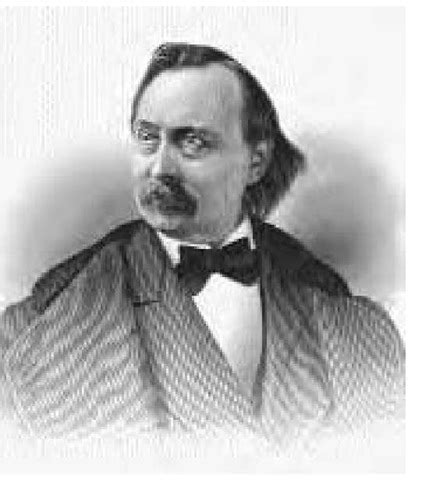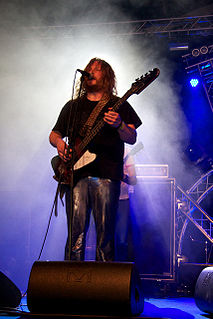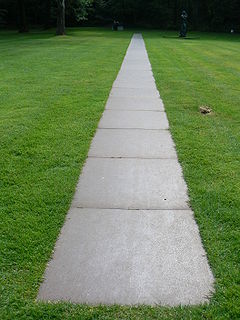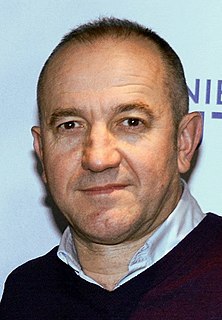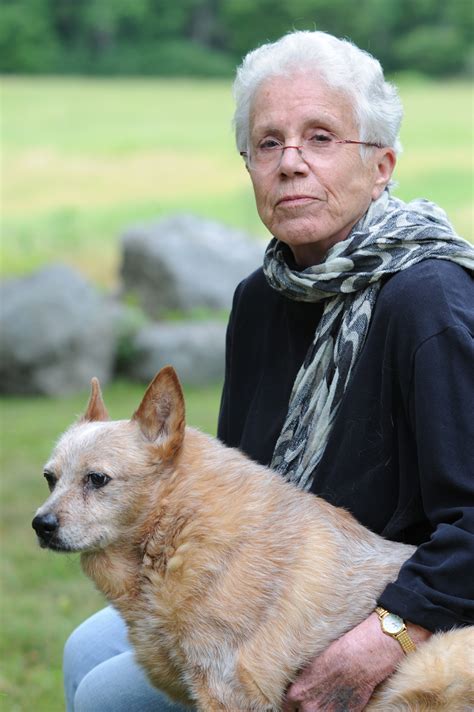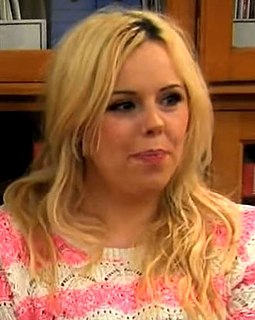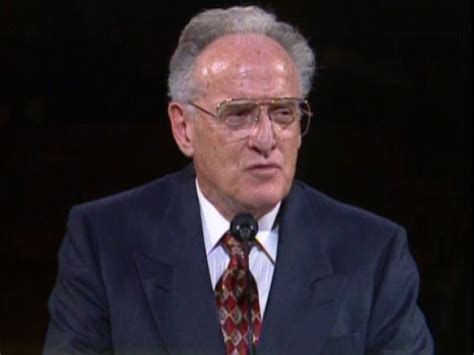A Quote by Ludwig Wittgenstein
One of the most misleading representational techniques in our language is the use of the word 'I.'
Quote Topics
Related Quotes
I believe that should is one of the most damaging words in our language. Every time we use it, we are, in effect, saying that we are wrong, or we were wrong, or we're going to be wrong. I would like to take the word should out of our vocabulary forever and replace it with the word could. This word gives us a choice, and we're never wrong.
I sing only in Meronian - my own language - but there are also elements of English and Finnish languages in our songs. When we use the spiritual Meronian language, the word 'international' doesn't do justice to our band. This kind of psychic language's means of communication can reach galaxies beyond our planet, not to mention the other living and inanimate entities of our own planet.
We depend on our words... Our task is to communicate experience and ideas to others. We must strive continually to extend the scope of our description, but in such a way that our messages do not thereby lose their objective or unambiguous character... We are suspended in language in such a way that we cannot say what is up and what is down. The word "reality" is also a word, a word which we must learn to use correctly.
When philosophers use a word--"knowledge," "being," "object," "I," "proposition," "name"--and try to grasp the essence of the thing, one must always ask oneself: is the word ever actually used in this way in the language-game which is its original home?--What we do is to bring words back from their metaphysical to their everyday use.



